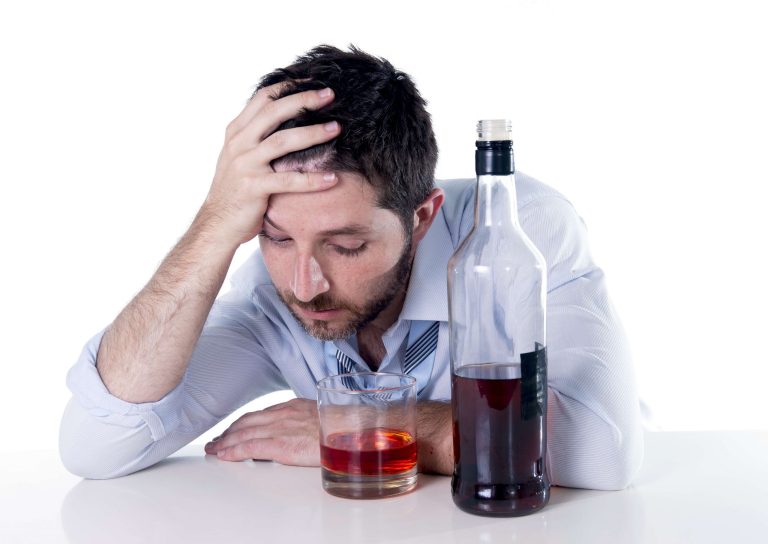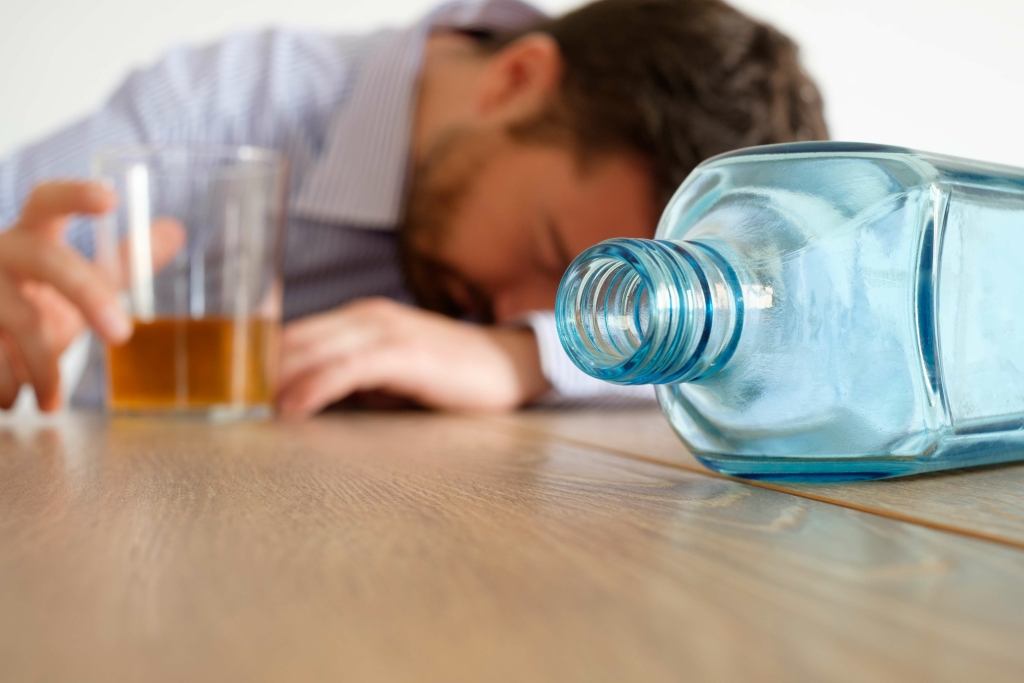Sign up LunarCapital
28 marzo, 2024Hurdlr Review: Is It One Of The Best Self-employed App?
4 julio, 2024Universal screening, careful prescribing choices, and patient education can help minimize the risks of combining alcohol with certain medications. Mixing alcohol and drugs may seem harmless to some, but it’s a risky combination that can lead to severe health consequences. Whether it involves prescription medications, over-the-counter drugs, or recreational substances, combining them with alcohol can amplify their effects in unpredictable—and often dangerous—ways. And «individuals who have a past history of a substance-use disorder—from smoking, drinking or other drugs—are at greater risk,» she says.
Sustained Recovery
How soon after medication you can drink alcohol will depend on a number of factors, primarily the medication itself and how your body metabolizes certain substances. Serious interactions between alcohol and other substances include seizures, very low heart rate or breathing rates, and unconsciousness or coma. In the event of any of these symptoms, call 911 immediately for urgent assistance. Because of the variety of different possible combinations, the symptoms of a drug interaction with alcohol vary considerably. Nausea, stomach upset, dizziness, or sleepiness are all relatively common interaction effects, but you should always contact your doctor if these are more than mild in severity.

Safe Practices: What to Do If You’ve Mixed Alcohol and Medication
16 Taking them together can increase mixing alcohol and pills significant side effects, such as sleepiness or dizziness. Sertraline does not usually interact chemically with alcohol.15 In fact, the oral solution version of sertraline contains alcohol. Despite this, as is the case with other antidepressants, drinking alcohol is not recommended while taking sertraline due to the effect it can have on mood and suicidal thoughts. The interactions can also exist in reverse, where a medication slows down the body’s ability to metabolize alcohol. This can lead to a higher blood alcohol concentration than what is expected for the amount of alcohol consumed.
How Alcohol Affects Sleep?

Indeed, the average person waits 10 years from the start of an addiction to the time when he or she actually seeks help, he says. Many lives could be saved if people thought of addiction as the chronic illness that it is—a deadly disease similar to, say, a cancer. «If you catch that tumor before it spreads, it’s a treatable disease,» Morgenstern says.
- Mixing sleeping pills and alcohol can also lead to sleepwalking and impaired memory.
- Together, alcohol and antihistamines can cause sedation, dizziness, and coordination problems.
- This knowledge could be the key to avoiding harmful or fatal consequences.
It can also result in severe physiological effects, such as respiratory arrest, lowered blood pressure, decreased heart rate, and death. For instance, you may use multiple drugs with or without alcohol to treat an existing mental illness, such as depression, anxiety, or delusions, even if you don’t recognize it as a mental health problem. Recovering from alcohol and sleeping pill addiction requires a comprehensive approach that addresses both the physical and psychological aspects of addiction. In the long-term recovery process, building a support network, participating in therapy and counseling, and actively preventing relapse are key components. Treatment options may include a combination of medication-assisted treatment (MAT) and behavioral therapies. Medications, such as benzodiazepines or anticonvulsants, may be prescribed to manage withdrawal symptoms and reduce cravings.
Discuss this timing with your healthcare provider to ensure you’re not inadvertently compromising your treatment or putting yourself at risk. Substance use and medication management are cornerstones in the journey toward behavioral health and well-being. Alcohol, for instance, can alter the effectiveness of medications and lead to adverse health effects. Whether you are treating anxiety, depression, or any other behavioral health condition, understanding the implications of combining alcohol with your medication is paramount.
This can cause new or increased side effects, which can potentially be lethal. However, if you do choose to drink, talk to your doctor first to make sure it won’t hurt your medicine. To be safe, always ask your doctor before drinking with your medication to avoid bad effects. Research suggests that about 20% of adults in the United States mix alcohol with prescriptions.
This is especially true if you take high doses of sleeping pills or drink large amounts of alcohol. Falling asleep in dangerous situations, like while driving, can be life-threatening. Those who do use medications, however, might think of those drugs as benign substances that can be combined with almost anything. As a result, they may be tempted to mix their sleeping pills with alcohol. Mixing any prescription medication with alcohol without the express permission of your doctor is not wise, especially if the instructions that come with your prescription strictly prohibit alcohol use. Use of prescription and non-prescription drugs, as well as herbal remedies, also is extremely prevalent.

Can Safely Detoxing from Alcohol Help Reduce the Risks of Mixing Drugs and Alcohol?
Death occurs as a result of sleeping pills and alcohol depressing the respiratory system, causing the person to stop breathing. Given that more than half of older adults take five or more prescription drugs, over-the-counter medications or dietary supplements every day, the risk of an adverse drug interaction is high. Despite warning labels on prescription pill bottles and frequent news reports of celebrity overdoses, people are not taking the risks of fatal drug combinations seriously.
At Greater Boston Addiction Centers, we specialize in addressing the complexities of addiction through evidence-based care. Alcoholics Anonymous Polysubstance abuse accelerates the damage caused by each substance, leading to long-term physical, mental, and emotional consequences. Drugs like Xanax, Valium, and Klonopin are commonly prescribed for anxiety but are dangerous when combined with alcohol due to their shared CNS depressant properties. Because the body’s ability to break down alcohol worsens with age, alcohol stays in the body longer. Older people are also more likely to be prescribed medication that interacts with alcohol in the first place. The National Alliance on Mental Illness suggests that all people who take antidepressants avoid alcohol, but the organization reports that some people are reluctant to give up drinking.
substance and addiction prevention branch
Combine alcohol with prescription treatments like Lunesta or Ambien, and you may feel unusually drowsy, sleepy, and dizzy. Those side effects may not seem so serious when you’re aiming to head to dreamland anyway. Popping a couple of Advil to rid yourself of a headache, lower a fever, or ease muscle aches may not seem like a big deal. «Mixing alcohol with common over the counter anti-inflammatory pain medications like ibuprofen and Naprosyn can cause GI upset, ulcers, and even stomach bleeding,» says Dr. Arthur. «Mixing alcohol with Tylenol/acetaminophen can cause severe liver damage and even failure. Never take Tylenol after a night of drinking to prevent a hangover,» Dr. Arthur adds. Not only will you want to avoid drinking while using the drug, but you should also avoid alcohol for several days afterward, too.
